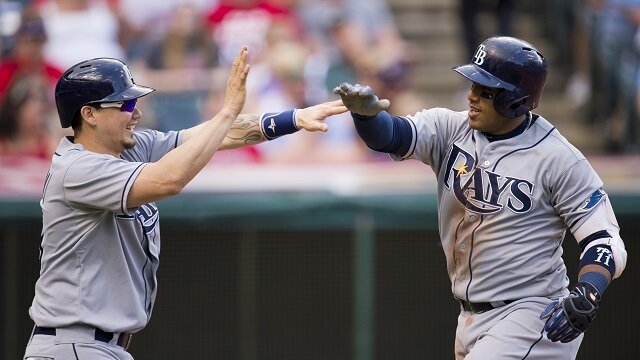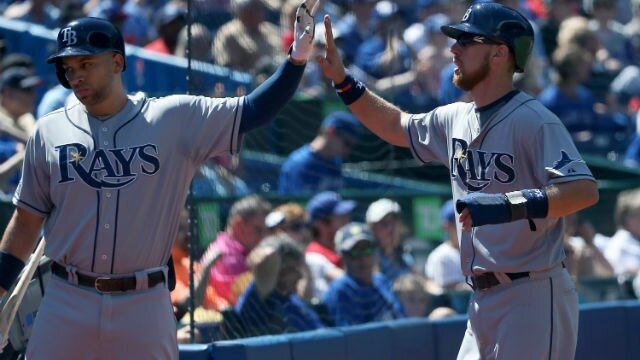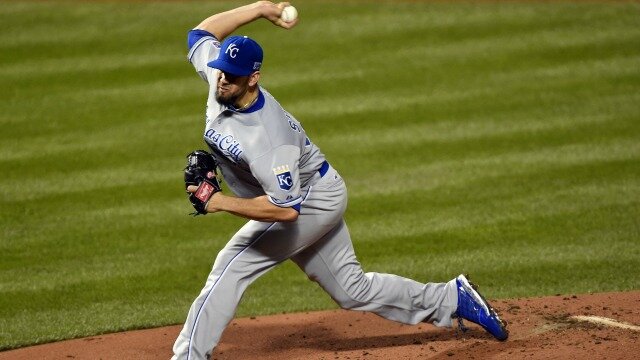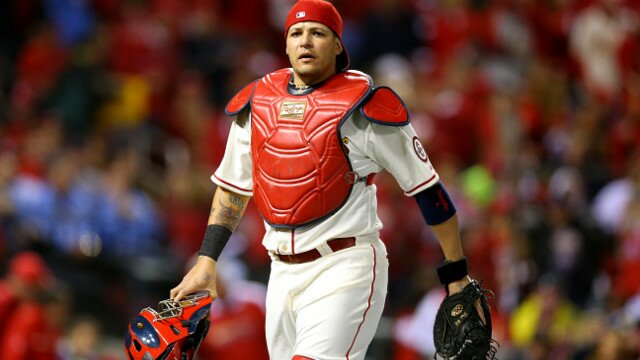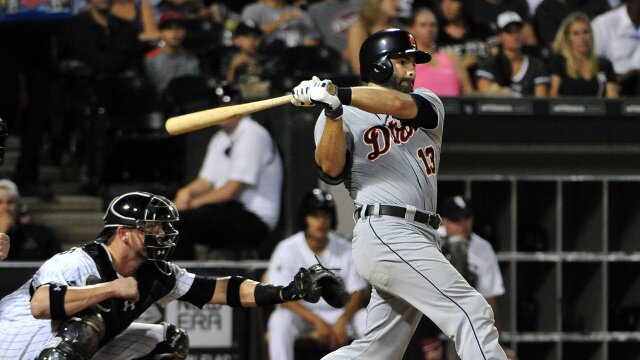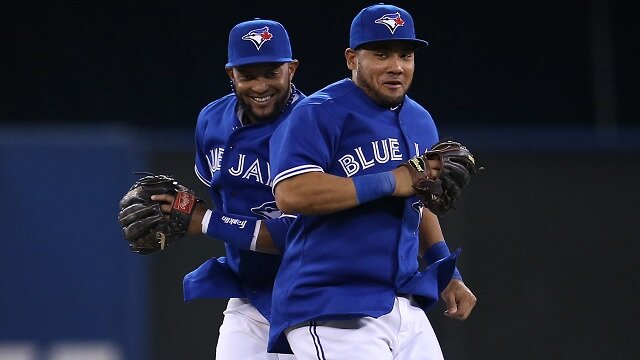Clayton Kershaw, Corey Kluber, Felix Hernandez And An Inconsistent MVP Vote
The MLB MVP vote has some known flaws. Be it giving a strong hitter too much credit, valuing a great defender too low or rewarding a player for playing on a contending team, the MVP award does not always honor the true most valuable player. This year’s MVP vote further enforce this inconsistency, as the cases of Clayton Kershaw, Corey Kluber and Felix Hernandez showed.
This year’s NL MVP went to Kershaw, and rightfully so. Kershaw dominated despite an injury-shortened season, posing a 1.77 ERA, 10.85 K/9 and 1.41 BB/8. ERA estimators like his 1.81 FIP, 2.08 xFIP and 2.09 SIERA likewise favor his strong work. He also managed to still throw 198.1 innings despite making only 27 starts, whereas a pitcher that stayed healthy would generally start 32 or 33 games.
Because of his great season, Kershaw was valued at 8.0 bWAR and 7.2 fWAR. Both of those marks ranked Kershaw as the most valuable player in the NL, so it appears that the BBWAA got the NL vote right. Whether you are a supporter of pitchers winning the MVP or not, Kershaw had the most value of any player in the NL, and that makes him the true most valuable player in the league.
Where they messed up, though, was with the AL vote.
Mike Trout certainly should have won the award and did, as he had the highest fWAR and bWAR in the league; however, where the vote was flawed was the fact that Hernandez and Kluber finished 10th and 11th respectively in the vote (though oddly enough, Kluber bested Hernandez in the Cy Young Award), a far cry from Kershaw’s triumph in the NL.
In 2014, Kluber was arguably as valuable as Kershaw. Though his 2.44 ERA was not on the same level as Kershaw’s, his 10.27 K/9 and 1.95 BB/9 were close to Kershaw’s marks. His 2.35 FIP, 2.57 FIP and 2.61 SIERA were also just off the numbers put up by the NL Cy Young winner.
Where Kluber bested Kershaw, however, was with the fact that he threw 235.2 innings. That made up for a significant portion in their gap in ERA, and it makes it hard to say who was truly the more valuable player.
Plus, Kluber threw in the AL, where pitchers had an average ERA of 3.82 compared to a 3.66 ERA in the NL. This is thanks to the presence of he designated hitter in the AL, and it only help’s his season look more attractive. Overall, Kluber was worth 7.3 fWAR in 2014, which actually bested Kershaw’s mark. He also came in at 7.4 bWAR, just under what the Los Angeles Dodgers ace was worth.
Yet, Kluber placed just 11th in the AL MVP race even though he was third in the league in bWAR and second in fWAR. Kluber was almost as worthy, if not as worthy of an MVP award as Kershaw, yet he fell well short of even being seriously considered.
Hernandez further shows that pitchers were undervalued in the AL vote. He was arguably better than Kluber in 2014, throwing to a 2.14 ERA, 9.46 K/9 and 1.75 BB/9 in 236.0 innings. ERA estimators were slightly more skeptical about his work as his 2.56 FIP, 2.51 xFIP and 2.50 SIERA show, but they still showed he was dominant in 2014. WAR does value his season lower than Kluber’s, as his 6.2 fWAR and 6.7 bWAR indicate. Sill, those marks place Hernandez at seventh and sixth in the league respectively.
If you are not a fan of WAR, you could make an argument that Hernandez was even closer to Kershaw’s value than Kluber, but at the very least, he was almost as valuable of a player as Kluber. Yet, like Kluber, Hernandez was ultimately undervalued in the MVP vote. He should certainly have garnered more serious contention for the award, and the fact that he did not further shows that the voting was inconsistent.
There has always been a debate about whether pitchers should win MVP awards, and that debate will likely rage on for the future. One thing is certain, however: the BBWAA should be consistent in determining if pitchers should be in serious contention for the MVP. They were not this season, and the fact that Kluber and Hernandez did not come close to winning the AL MVP award, while Kershaw ran away with the NL MVP, proves it.
Why this disparity happened is not known. Was it the media hype regarding Kershaw? Was it the fact that his team made the playoffs while Kluber and Hernandez’s teams fell short? That cannot be determined. That said, if the BBWAA deemed it fit to give Kershaw the NL MVP award, Kluber and Hernandez should have been given much more serious contention given their value in 2014.
Drew Jenkins is an MLB writer and Sabermetrics Columnist for www.RantSports.com. Follow him on Twitter @DrewJenkins77, “Like” him on Facebook, add him to your network on Google, or contact him at [email protected].
A's Become Contenders With Zobrist, Escobar Trade
The Oakland Athletics continue to make a splash in the offseason by trading for Ben Zobrist and Yunel Escobar from the Tampa Bay Rays. Read More
5 Players The Braves Should Trade For
The Atlanta Braves have a lot more moves to make before the start of the season. Take a look at these players the Braves should consider trading for. Read More
Tigers Need A Break Out Season From Shane Greene
With multiple uncertainties in the starting rotation, it would be huge if the Detroit Tigers could get a breakout season out of newcomer Shane Greene. Read More
Tampa Bay Rays: 5 Players They Could Still Trade
With the Tampa Bay Rays heading into a transitional season, here are five players they should still look to trade. Read More
Assessing the SF Giants' 2015 25-Man Roster
The San Francisco Giants aren't as dangerous on paper as they were a season ago. Read More
Going Home To Blue Jays May Be What Axford Needs
It has been a long time since John Axford has been great. With a need for bullpen help, the Toronto Blue Jays should take a chance on him. Read More
Shields Would Be Best Ace Add For Cardinals
The St. Louis Cardinals are reportedly interested in adding an ace, and signing James Shields would be the best way for them to do so. Read More
Power Ranking NL Central Starting Catchers
The NL Central boasts the best catchers in all of baseball. Here is how they rank heading into the 2015 season. Read More
Tigers' Alex Avila Will Benefit From Platoon Role
Here is why Detroit Tigers catcher Alex Avila may benefit immensely from a strict platoon with James McCann in 2015. Read More
Former Players Could Haunt Royals In 2015
The Kansas City Royals made significant moves at the end of 2014, but the Chicago White Sox changed their team in a much bigger way. The Royals will now see far more of two well-liked former players. Read More
Randy Johnson's HOF Journey No Tall Tale
Will he be a Seattle Mariner or an Arizona Diamondback in the Hall of Fame? Either way, Randy Johnson's legacy will be remembered in Seattle long before it is forgotten. Read More
Keyvius Sampson Great Fit For Cincinnati Reds
The Cincinnati Reds have lost a lot of organizational depth this winter. By adding Keyvius Sampson, they have a pitcher who has the talent to quickly surprise. Read More
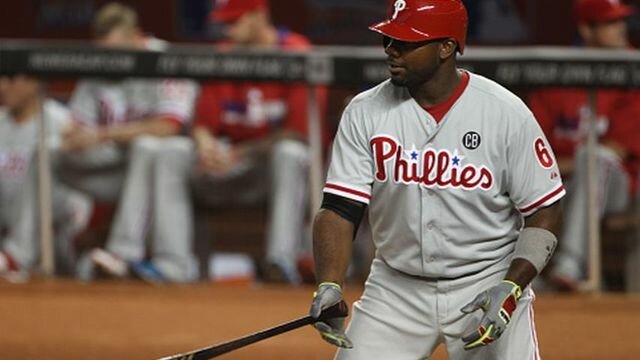

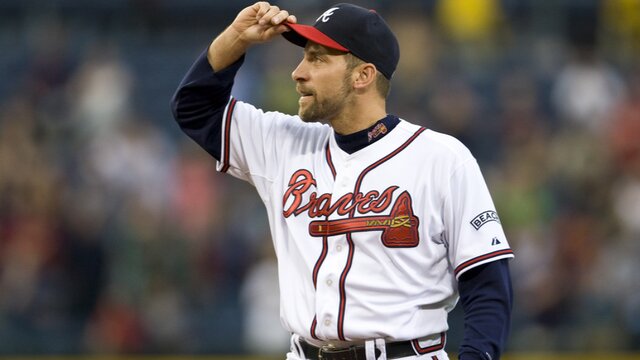


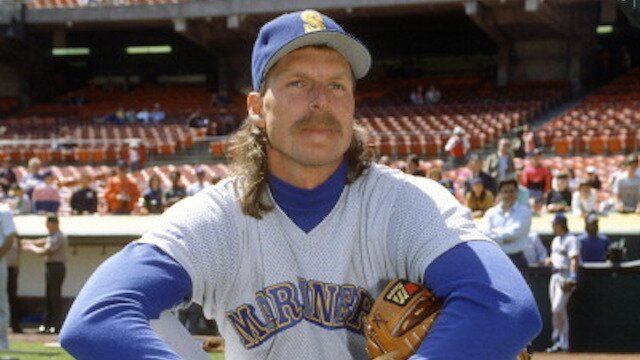


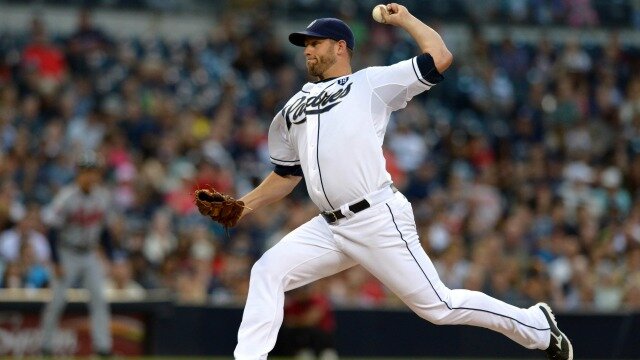
 @DrewJenkins77
@DrewJenkins77 

